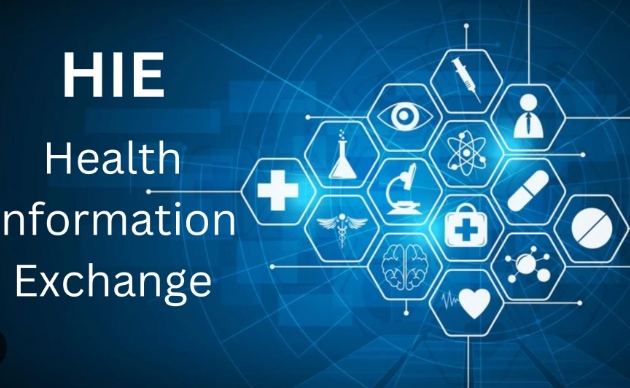Health information exchange (HIE) is revolutionizing patient care by allowing healthcare providers to securely share patient information electronically. This has the potential to improve communication, coordination, and ultimately, patient outcomes.
Improving Communication
HIEs allow healthcare providers to quickly and easily access vital patient information, such as medical history, medications, and test results. This means that providers can make more informed decisions about patient care, leading to better outcomes.
Enhancing Coordination
With HIEs, different healthcare providers, such as primary care physicians, specialists, and hospitals, can easily share information about a patient’s care. This improves coordination between providers and helps ensure that patients receive the right care at the right time.
Preventing Errors
HIEs can help reduce the risk of medical errors by providing healthcare providers with up-to-date information about a patient’s health status. This can help prevent duplicate tests, medication errors, and other mistakes that can harm patients.
Increasing Efficiency
By streamlining the sharing of patient information, HIEs can save time and reduce administrative burdens for healthcare providers. This allows providers to focus more on patient care and less on paperwork.
Empowering Patients
HIEs also provide patients with greater control over their own health information. Patients can access their own medical records through secure online portals, allowing them to be more engaged in their own care.
In conclusion, health information exchange is revolutionizing patient care by improving communication, enhancing coordination, preventing errors, increasing efficiency, and empowering patients. By unlocking the potential of HIEs, healthcare providers can deliver better outcomes for their patients and ultimately improve the overall quality of care.

